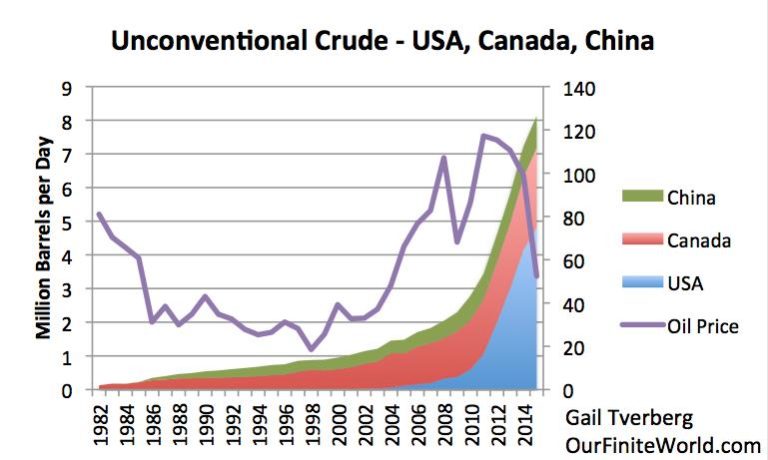As far back as I can remember since we as people began to recognize our potential to destroy our planet’s environment, experts have spoken of a tipping point. This is a theoretical time frame where our collective action would no longer offset catastrophic damage to our biosphere. The reality is we passed that tipping point years ago.
The wheels of change are now unalterably moving forward with a momentum we are powerless to reverse. This will change our planet in fundamental ways that will have a huge impact on every human being on earth. The icecaps will continue to melt, sea levels will rise, oceans will continue to spike their PH levels as they become more acidic, weather patterns will change and become more severe, temperatures rise, and the general health and vitality of our food chain will continue to deteriorate regardless of what mitigating steps we now take. Anyone who does not realize this or has failed to acknowledge the scientific trends and cumulative data which points to that undeniable fact is either living in a fantasy world or too afraid to face the consequences. The sad truth is we are about to enter an unprecedented age of resource depletion that has the potential to turn our future into an extended “dark age” the likes of which our species has never experienced. That is unless we put into action massive restructuring of our planets supportive infrastructure.
That being said, there is another tipping point that is much more significant that no one talks about. What happens when we run out of economic resources to prepare our population for the changes that are sure to occur, and societies around the world start to collapse so that regional response becomes impossible? If you think that unlikely look what has happened in Egypt, Tunisia, Yemen, Somalia, and Syria. When you don’t have sufficient food and water you stop listening to the police. More than 75% of our global population lives in countries which are in jeopardy of having their ability to support their population’s basic necessities for survival completely collapse before mid century. Additionally neighboring countries which can somehow manage to get by will quickly come under pressure from migrating populations desperately seeking the resources they need to survive. This is the frightening reality our world now faces.
We still have the opportunity to avoid the worst of that scenario, however time is running short. Every year as food, energy, and commodity prices rise as a percentage of family income, our ability to counter these trends diminish. This results in families and countries having less and less money available for discretionary investment and infrastructure development, thus eroding and crippling our ability to respond. Subsidies disappear, philanthropy is reduced, and money for education and health is diverted in an attempt to make up for those shortcomings till you are eventually broke and powerless Read the papers or listen to the news. That is all they seem to talk about in one form or another. The days of large humanitarian aid efforts will soon come to an end and we will be powerless to act as we watch regions of our world collapse under these pressures if we fail to prepare in advance of that tipping point.
Never before has it been so important and necessary for humanity to act in common purpose if we are to substantially counter this momentum and re-establish balance back to our broken planet. Actions and projects need to be coordinated, prioritized, and quantified for efficiency and impact. Our failure to accomplish this is unthinkable in terms of the human suffering and environmental destruction that will occur as a result of our inaction.
It all has to start with education and training being made available and accessible to every human being in the world so they can participate in this response.
This is what Energime University is trying to accomplish. This is why we need you to “buy in” and work with us. You are the best and the most capable among us that possess the intelligence and awareness to recognize the necessity for collaborative action and to help direct these changes. If you do not accept this call to action, this responsibility to act, who will?






